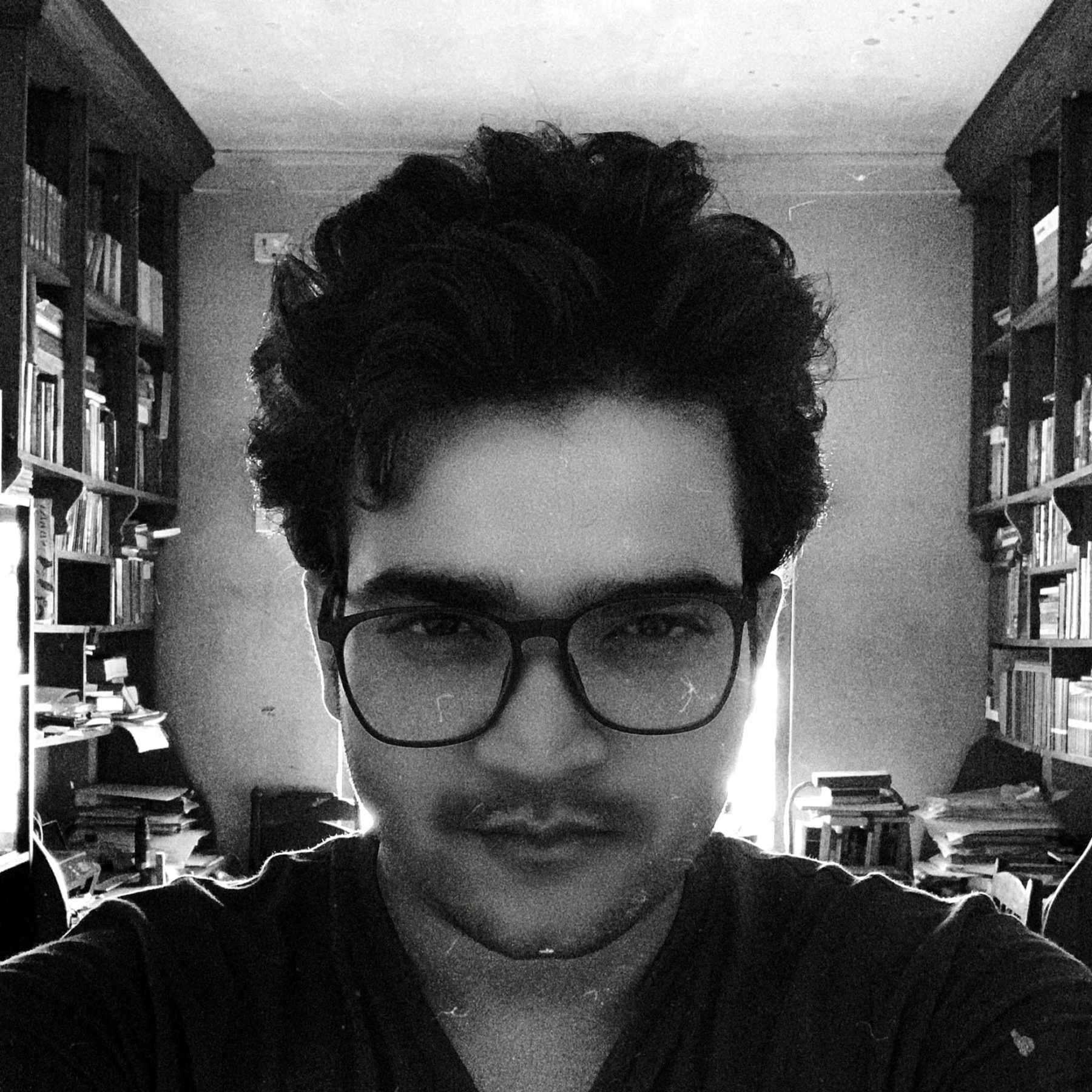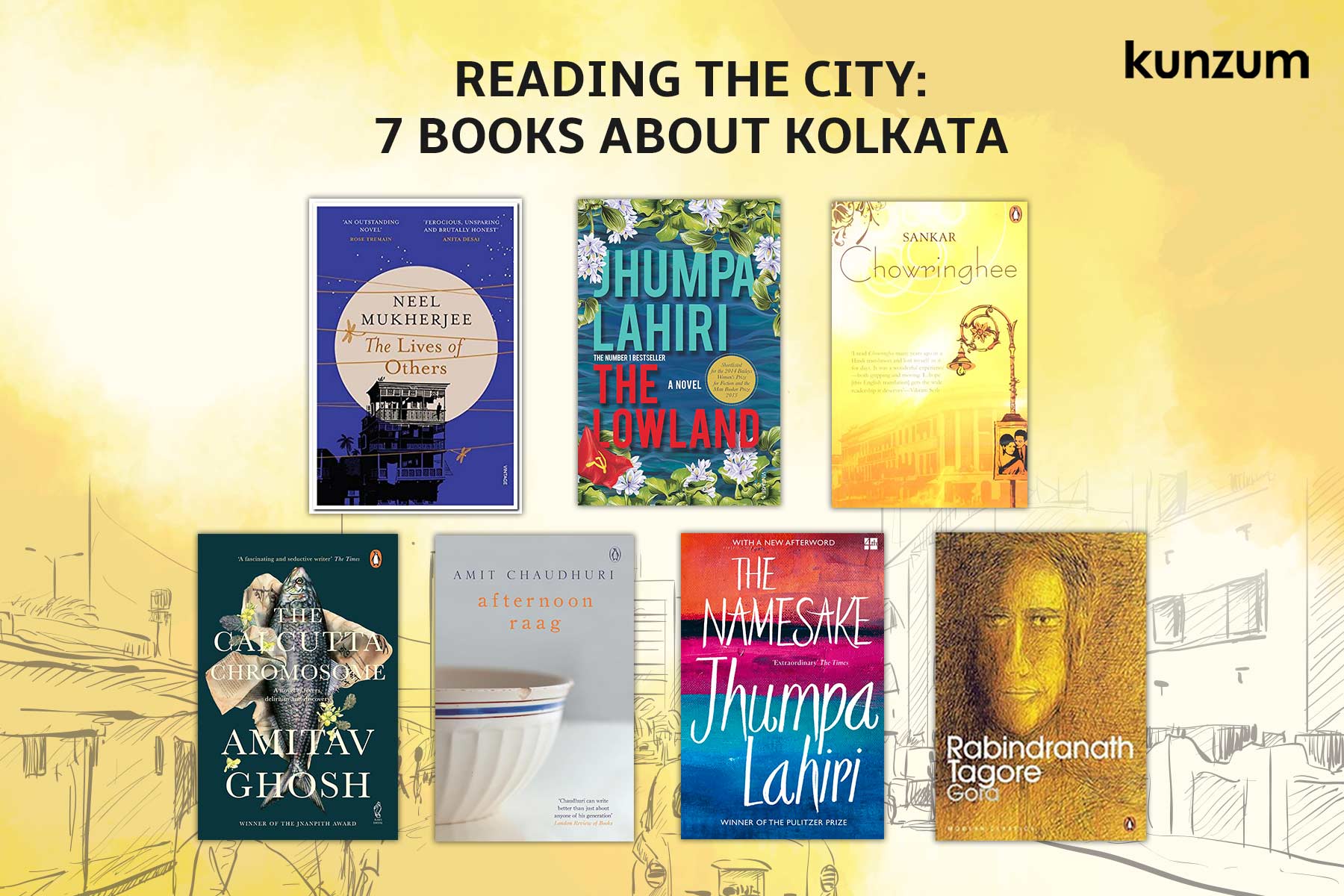
Kolkata—formerly Calcutta, briefly the capital of British India—is a city of stories. Home to many prolific writers, poets, filmmakers, actors and artists, few cities in the world embody the personality of an entire people the way Kolkata does. It is the foundation upon which Bengalis build their cultural identity, much as Mecca is to Muslims and Jerusalem is to both Israelis and Palestinians. To paraphrase David Hoon Kim, Kolkata is a party, Kolkata is a ghost.
To delve into Kolkata then is to delve into the souls of her people — both within and without Kolkata, those who live here, and those who leave. An endless number of books have been written about Kolkata and an endless many will be written still, but here are 7 books that capture the multitudes of this wretched yet wondrous city that keeps on keeping on against all odds:

Gora by Rabindranath Tagore
Set in 1880s Calcutta during the British Raj, Rabindranath Tagore’s Gora follows the life of a staunch Brahmin young man named Gormohan or Gora—meaning ‘white’ in Bengali—and delves into questions of politics, religion, and identity through his struggle in coming to terms with the truth about his identity. The longest of Tagore’s twelve novels, Gora deals with themes of personal, political, and cultural identity, individuality, humanism, universalism, nationalism, proto-feminism, caste and class politics, and religious conservatism in early-modern India. First published in 1910, this landmark novel questioned the relevance of traditional Hindu values and prevalent notions of caste and religious identity in Bengali society at the time, and captured an intimate portrait of a pivotal moment in Calcutta’s history and the history of India’s freedom movement.
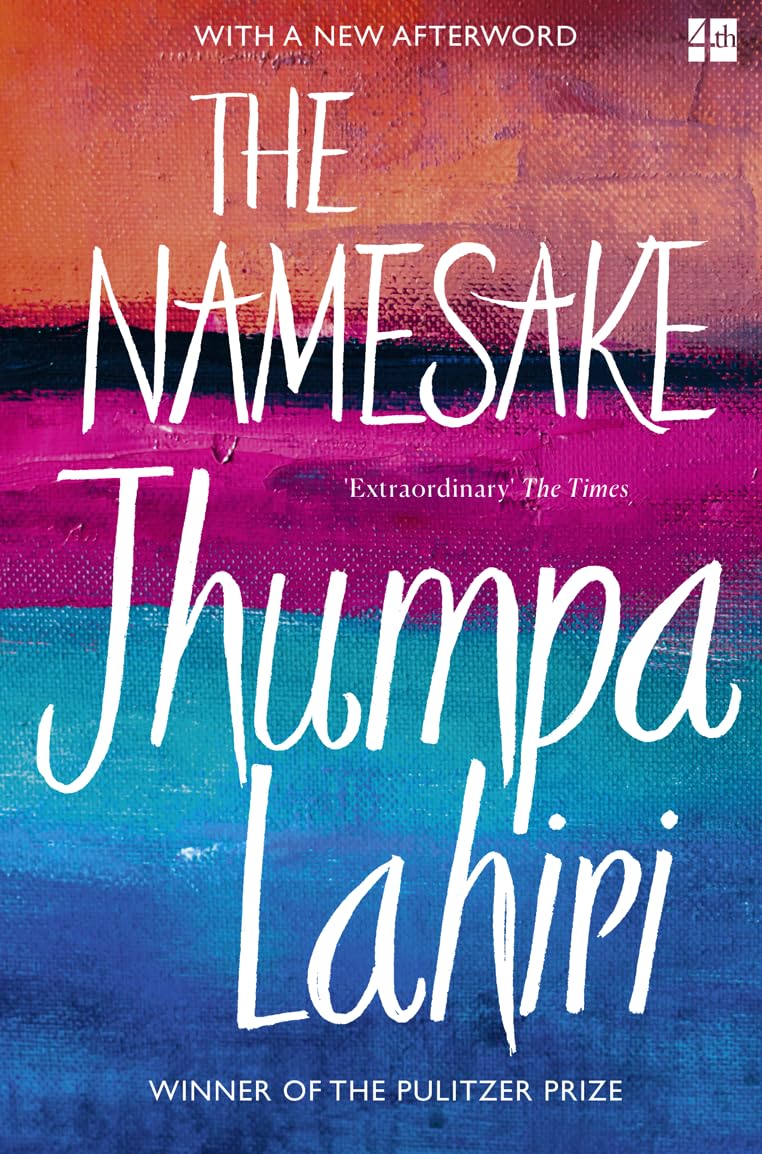
The Namesake by Jhumpa Lahiri
Jhumpa Lahiri’s first novel The Namesake explores many of the same themes as her Pulitzer Prize-winning short story collection Interpreter of Maladies and revolves around the lives of Ashok and Ashima Ganguly and their son Gogol, named after Nikolai Gogol, the Russian novelist, short story writer, and playwright of Ukrainian origin. The novel unfolds across events that take place in Calcutta, Boston, and New York, and examines the nuances of coming of age in-between two conflicting cultures with distinct religious, social, and ideological differences. A film adaptation, also titled ‘The Namesake’, directed by Mira Nair and written by Sooni Taraporevala, was released in 2006 to critical acclaim.

The Lowland by Jhumpa Lahiri
Jhumpa Lahiri’s second novel The Lowland is an ambitious, intimate examination of the intersection of the personal and the political, encompassing five decades of often violent Indian and American history through the lives of one family. The novel begins in the 1960s and follows the divergent lives of two brothers, Subhash and Udayan, as the radical, revolutionary Naxalite movement takes over the political landscape of Calcutta. Lahiri resists the allures of lyricism and sensationalism, and opts instead for a restrained, understated style to unravel and explore the many layers of this generational story about politics, political ideology, identity, and immigration that ripples from an extrajudicial killing. The novel was longlisted for the Man Booker Prize in 2013.
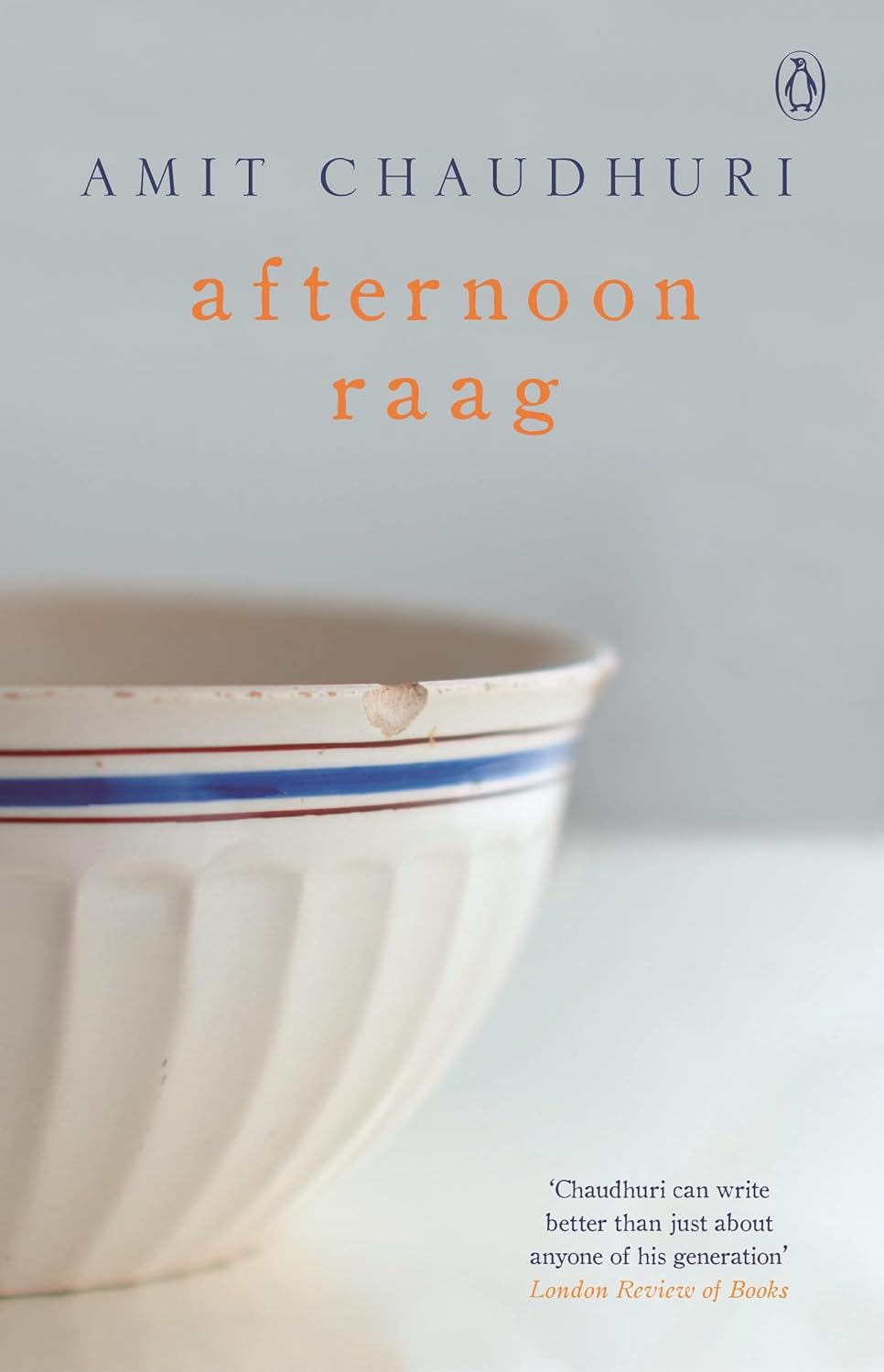
Afternoon Raag by Amit Chaudhuri
Often described as a novel-length prose poem for the lyricism of its language, Amit Chaudhuri’s Afternoon Raag is an auto-fictional bildungsroman that follows a young Bengali student at Oxford University as he finds himself caught in the middle of a complicated love triangle far away from his distant childhood home in Calcutta that haunts his memories. Told in the protagonist’s own voice, the novel explores his feelings of loneliness, melancholy, and not being at home in the world, and engages with broader themes of arrivals and departures, new worlds and old homes.

The Calcutta Chromosome by Amitav Ghosh
Set between an alternative past in Calcutta and an unspecified near-future in New York, Amitav Ghosh’s genre-defying postcolonial, postmodern novel The Calcutta Chromosome blends alternative histories, mythological legends, and speculative ideas to pose profound questions about the elusive nature of truth and the limits of science, history, logic, and rationality against the overwhelming force of faith. The novel unfolds in two narrative threads: one that follows Antar, a young Egyptian-born data processor in New York, as he investigates the disappearance of his former colleague L. Murugan, a scientist obsessed with Ronal Ross and the discovery of the titular Calcutta chromosome which may hold the secrets of human immortality, through digital archival material; and the other follows L. Murugan’s time in Calcutta directly. One of Amitav Ghosh’s more experimental but lesser known works, the novel received the coveted Arthur C. Clarke Award in 1997.
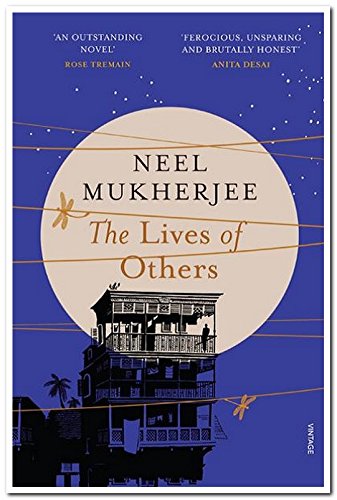
The Lives of Others by Neel Mukherjee
Set in 1960s and early-1970s Calcutta, Neel Mukherjee’s The Lives of Others is a sprawling political novel about the wealthy Ghosh family and its prodigal scion Supratik who leaves the family business to join the Communist Party and take part in a peasant uprising against the landed upper class who own the fertile rice-fields at the edge of the jungle in the west of West Bengal. Told through letters written by Supratik to an unnamed correspondent and narrative chapters that follow an intricate account of events and relationships on the various floors of the Ghosh residence—a metaphor for the different classes of Bengali society—The Lives of Others is a novel of contradictions and chasms between a world that always has been and a world that could be. It was shortlisted for the Man Booker Prize in 2014.
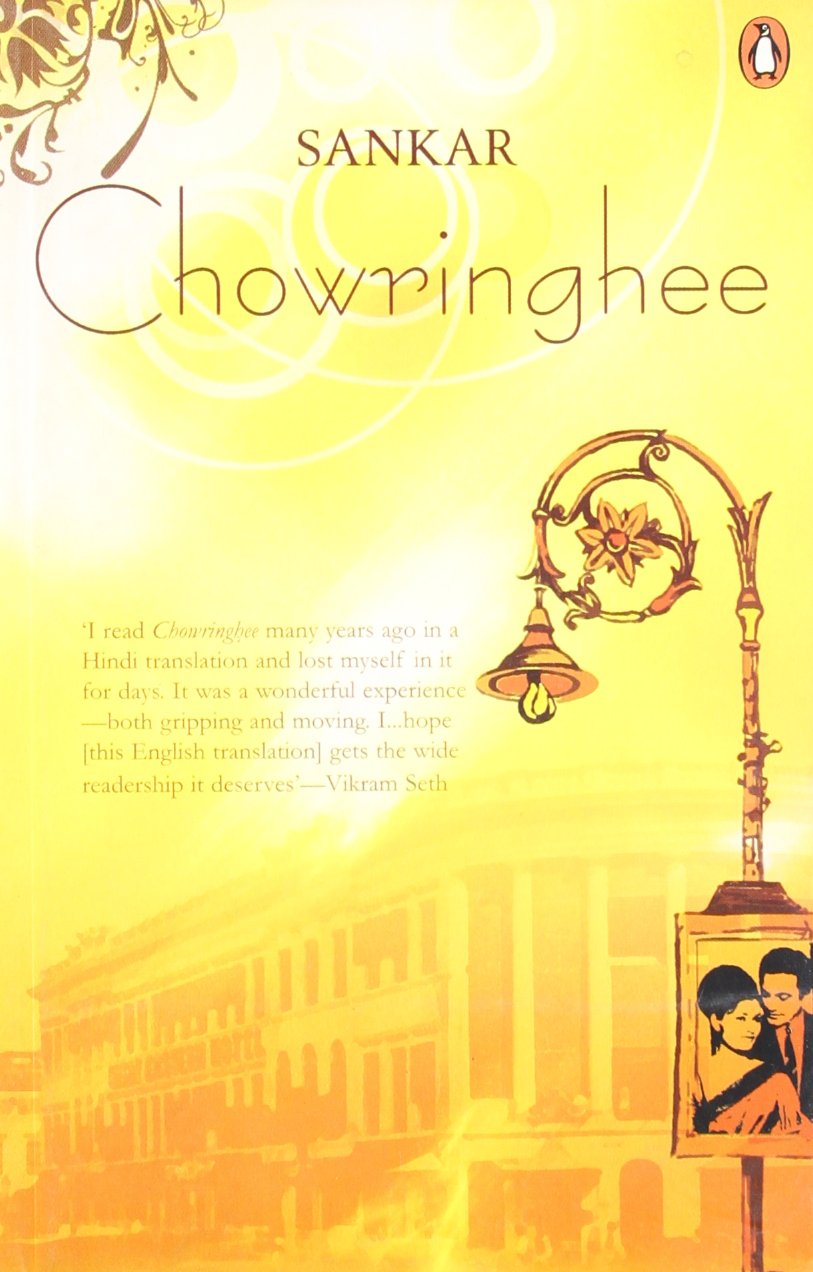
Chowringhee by Sankar (tr. by Arunava Sinha)
Arguably Sankar’s best-known work outside his devoted Bengali fanbase, Chowringhee, named after the historic neighbourhood in Central Calcutta, is set in the 1950s at the fictional Shahjahan Hotel—loosely based on the Chowringhee Hotel—one of the city’s oldest and most venerable establishments. Narrated by Shankar, an ambitious young secretary who finds work at the hotel after his previous employer—an English barrister—suddenly dies, the novel follows the lives of the hotel employees and the frequent visitors whose lives intersect at the hotel, often ending in tragedy. The novel was adapted into a Bengali film titled Shah Jahan Regency by filmmaker Srijit Mukherjee in 2019.
Pick up any one of these 7 Books About Kolkata from any Kunzum store or WhatsApp +91.8800200280 to order. Buy the book(s) and the coffee’s on us.

